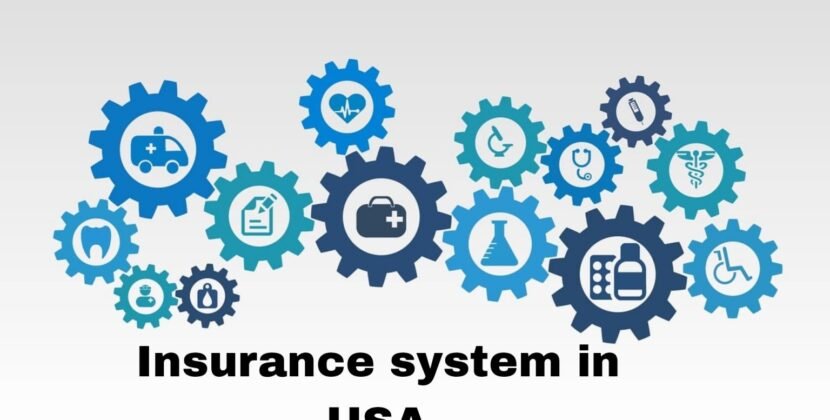Key Takeaways
- Understanding common dental issues and learning how to prevent them.
- The significance of routine dental examinations for both adults and children.
- Insight into nutritional choices that support oral health.
Introduction to Oral Health in Texas
Oral health is vital to overall well-being and is intricately linked to physical and psychological health. However, many people overlook its importance amidst their hectic schedules. In a state as diverse and dynamic as Texas, the challenges to maintaining optimal oral health are compounded by many cultural diets and varied lifestyle habits. Access to comprehensive dental plans in Texas can significantly alleviate these challenges, ensuring that individuals receive timely and effective care. This guide aims to give practical advice on maintaining healthy teeth and gums, sharing insights into simple yet impactful daily practices that can prevent common dental issues and foster overall well-being.
Common Dental Issues
Many people face two of the most common dental conditions: cavities and gum disease. These issues are often brought on by lifestyle choices such as smoking or skipping routine dental exams, dietary preferences, and the accessibility of dental treatment. Identifying the common signs of oral health issues early on is critical. Some signs are gum bleeding after brushing or flossing, teeth sensitivity to heat or cold, and persistent foul breath that may not go away despite regular oral hygiene practices. These symptoms could indicate more significant underlying problems that need immediate attention. Early detection and action can significantly prevent effects like periodontitis or tooth loss, emphasizing the importance of vigilance in one’s oral health.
Preventive Care and Its Importance
Preventive dental care is an indispensable component of maintaining optimal oral health. Regular dental checkups are vital for the early detection and treatment of potential issues and the opportunity they provide for professional cleanings. These cleanings can effectively remove plaque and tartar buildup that regular brushing might miss, helping to prevent cavities and gum disease. Scheduling bi-annual visits is generally recommended to keep track of one’s dental health, allowing for any issues to be caught early before they escalate into more severe problems.
Nutrition’s Role in Oral Health
Strong teeth and healthy gums depend on eating a balanced diet. Calcium and vitamin D foods, such as leafy greens, dairy products, and fortified cereals, help maintain healthy teeth and bones. Foods high in phosphorus, such as meat, fish, and eggs, also help to preserve and repair tooth enamel, which promotes dental health. Meanwhile, limiting sugary snacks and drinks is essential because they can cause tooth decay by feeding harmful bacteria in the mouth. Instead, people should choose crunchy fruits and vegetables that increase saliva production, which inherently guards against acid attacks on enamel. A balanced oral environment is also supported by drinking plenty of water to help wash away food particles and bacteria.
Maintaining Oral Hygiene at Home
The first defense against dental problems is practicing good oral hygiene at home. Brushing twice daily with fluoride toothpaste is essential for preventing cavities because fluoride thickens tooth enamel and boosts its resistance to deterioration. Daily flossing is necessary to remove food particles and plaque from between teeth, which, if ignored, can cause gum disease. An antibacterial mouthwash may be even more helpful by eliminating any remaining bacteria and maintaining fresh breath. An electric toothbrush can increase cleaning efficiency because of its continuous brushstrokes and capacity to reach difficult-to-reach areas of the mouth. A regular schedule of these procedures is necessary to prevent frequent dental issues and preserve oral health over time.
Oral Health for Children and Teens
Because it establishes lifelong healthy habits, early oral hygiene education is crucial. To guarantee adequate cleaning, encourage kids to brush their teeth twice daily with kid-safe toothpaste and monitor their method. Including entertaining components, such as educational films or applications, could help kids enjoy the process more. Children may be encouraged to practice proper oral hygiene by establishing a system of rewards, such as a star chart for regular brushing. Dentists must do routine dental examinations to evaluate children’s oral growth and offer preventative care. Teens may be able to form healthy habits throughout their formative years if they are taught about the dangers of poor oral hygiene, particularly the impacts of tobacco and excessive sugar consumption.
Innovative Dental Technologies and Treatments
Dental technology constantly evolves to ensure minimally intrusive procedures while increasing patient comfort and effectiveness. Thanks to advancements like laser therapy, more invasive procedures like cavity treatment or gum surgery now have less unpleasant options. Digital X-rays enable more accurate detection of oral health issues due to their lower radiation exposure and more comprehensive images. Because 3D printing offers more precision and customization, it has also revolutionized the manufacturing of dental items like crowns and dentures. Additionally, the use of artificial intelligence in predicting trends in dental health is becoming increasingly significant. Keeping up with these advancements can help consumers make informed treatment decisions and greatly enhance the dental care experience.
Conclusion: Taking Charge of Your Oral Health
Long-term dental health depends on actively maintaining oral health. To guarantee a lifetime of healthy teeth, it is crucial to prioritize dental exams, follow strict at-home care instructions, and strongly emphasize eating a balanced diet. People enjoy an enhanced profile of oral health and the vitality and confidence of having good teeth and gums. By incorporating these techniques into their everyday routine, anyone may create the path to better dental health and a more radiant smile.













